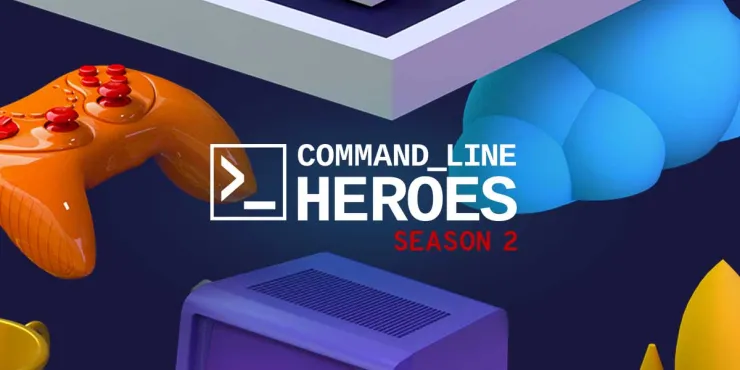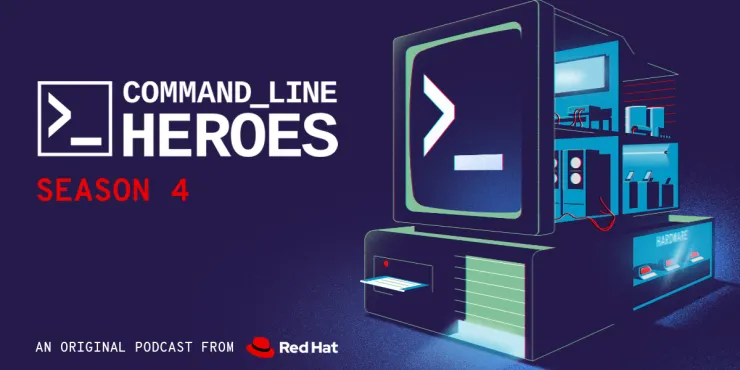
Year In Review
Compiler • • Year in Review | Compiler
Year in Review | Compiler
About the episode
It’s been a year of growth at Compiler, and we want to celebrate and share with our guests and listeners some of our favorite moments from the show. Thank you for all of the support, we’ll see you in 2024!
Suscribir
Subscribe here:
Transcripción
Sobre el podcast
Compiler
Do you want to stay on top of tech, but find you’re short on time? Compiler presents perspectives, topics, and insights from the industry—free from jargon and judgment. We want to discover where technology is headed beyond the headlines, and create a place for new IT professionals to learn, grow, and thrive. If you are enjoying the show, let us know, and use #CompilerPodcast to share our episodes.


